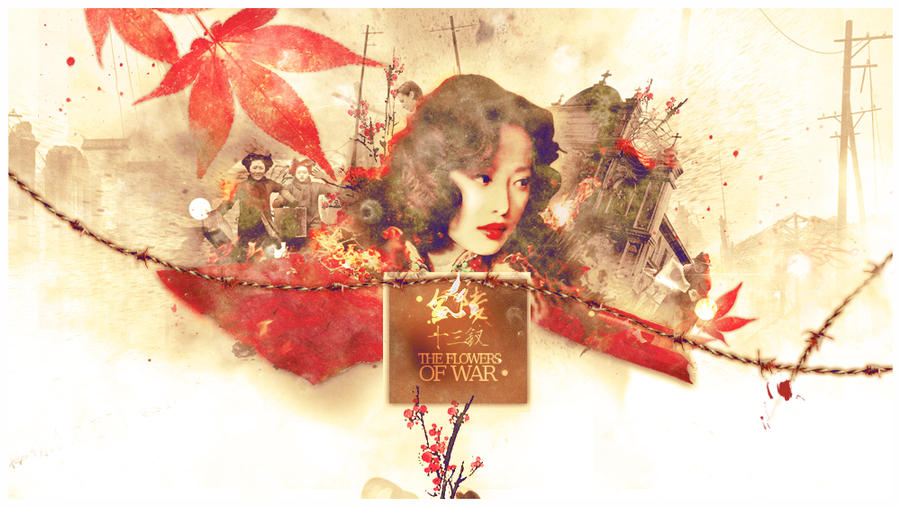in the way that it was filmed and made I felt it was pretty mainstream
__________________
Britney is my favorite
 ...Mainstream just means it's a more popular style of movie story telling, as it's the style that many people respond positively too.
...Mainstream just means it's a more popular style of movie story telling, as it's the style that many people respond positively too.


 mainstream is mainstream for a reason
mainstream is mainstream for a reason 





|
|